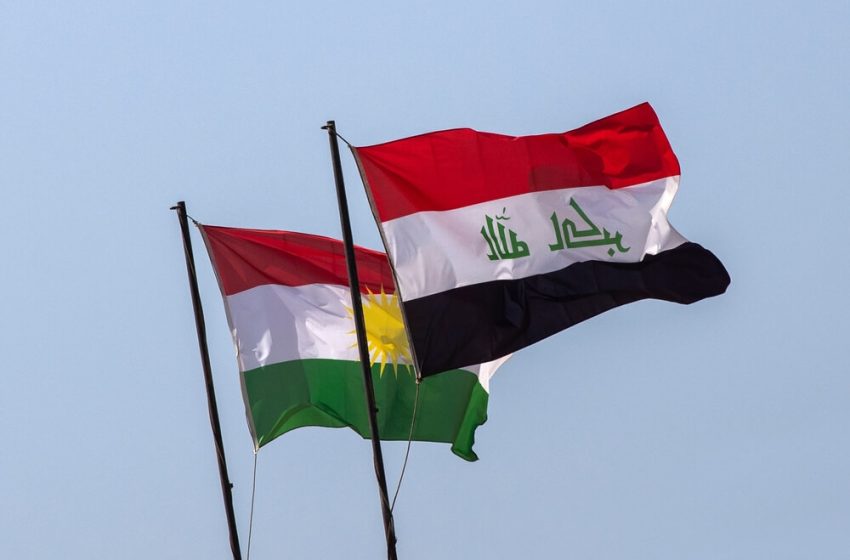Iraqi court suspends parliamentary elections in Kurdistan

Baghdad – Iraq’s highest court on Tuesday temporarily suspended preparations for June 10 parliamentary elections in the autonomous northern Kurdistan region, a source of tension between the two main Kurdish parties.
The Federal Supreme Court suspended procedures related to “the registration of lists of candidates”, while it decides on another case linked to legislative elections in Iraqi Kurdistan, a statement on the court’s website said.
Iraqi Kurdistan’s Prime Minister, Masrour Barzani, had filed an appeal to the supreme court arguing the “unconstitutionality” of the division of electoral constituencies planned for the vote.
While awaiting a verdict, Barzani requested “a halt and suspension of the procedures of the electoral commission”.
“The proceedings are suspended from today until the verdict,” an electoral commission source told AFP, speaking on condition of anonymity.
The suspension comes amid a long-running conflict between the region’s two historic parties, the Kurdistan Democratic Party (KDP) and the Patriotic Union of Kurdistan (PUK).
The court issued a ruling in February to reduce the number of seats in the Kurdish parliament from 111 to 100, effectively eliminating a quota reserved for Turkmen, Armenian and Christian minorities.
In response, Barzani’s KDP said it would boycott legislative polls and did not register candidates.
Since then the KDP pushed for postponement of the June 10 elections, which had initially been scheduled for October 2022, but were pushed back several times.
The PUK has opposed any delay in holding the elections.
Tuesday’s verdict comes as Kurdistan’s President, Nechirvan Barzani, is visiting Iranian leaders in Tehran, after meeting senior politicians in Baghdad.
The KDP is the largest party in the outgoing parliament, with 45 seats against 21 for the PUK.
Iraq’s Kurdistan region has been autonomous since 1991, and presents itself as an oasis of stability favourable to foreign investment in Iraq.
However, activists and opposition figures denounce what they say is corruption, repression of dissident voices and arbitrary arrests in the region.
